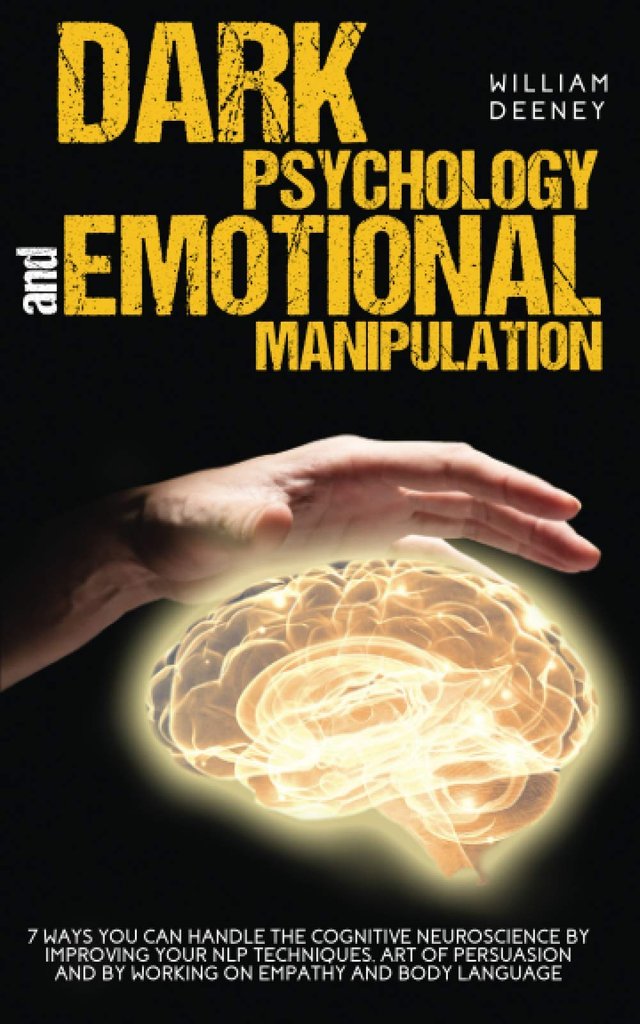Manipulation works both ways

Manipulation is the act of influencing or controlling the behavior or emotions of others for one's own benefit. It can be used in various situations and can take many forms, such as persuasion, coercion, and even manipulation of information. Manipulation can be used for both good and bad purposes, and can be done in both positive and negative ways.
One of the key aspects of manipulation is that it is often done in a subtle or covert manner. This can make it difficult for the person being manipulated to recognize that it is happening. Manipulation can be used to control or manipulate others without their knowledge or consent, and can be used to achieve a wide range of goals, from achieving personal gain to influencing public opinion.
Manipulation can be used in a positive way, such as when a teacher uses positive reinforcement to encourage a student to study harder. Or a therapist uses cognitive-behavioral techniques to help a patient overcome a phobia. In both of these examples, the person being manipulated is ultimately benefiting from the manipulation. However, manipulation can also be used in negative ways, such as when a politician uses fear-mongering tactics to gain support, or when a corporate executive uses insider information to make a profit at the expense of their shareholders.
Manipulation can also be used in relationships. For example, one person in a relationship might use manipulation to control the other person's behavior or emotions, such as by using guilt or fear to get them to do what they want. On the other hand, manipulation can also be used to build a stronger and healthier relationship, such as by using effective communication and negotiation skills to resolve conflicts.
Manipulation can also be used in the workplace, where it can be used to gain power or influence over others. For example, a manager might use manipulation to get their employees to work harder or to achieve specific goals. On the other hand, manipulation can also be used by employees to gain favor with their superiors or to get ahead in their careers.
Manipulation can also be used in the media, such as when a news organization uses sensational headlines or biased reporting to influence public opinion. This type of manipulation can be particularly dangerous because it can shape public opinion and influence important decisions, such as elections.
It's important to be aware of manipulation and its potential impact on our lives. Recognizing when manipulation is happening can help us make better decisions and protect ourselves from its negative effects. One way to do this is by learning to identify manipulative tactics, such as emotional manipulation, gaslighting, and other forms of psychological manipulation. This can help us be more aware of when we are being manipulated and take steps to protect ourselves.
Another way to protect ourselves from manipulation is by developing critical thinking skills. This involves learning to question information and sources, and to think critically about the messages we receive. By developing these skills, we can be better equipped to identify and resist manipulation.
In conclusion, manipulation is a complex and multifaceted concept that can be used for both good and bad purposes. It can be used to achieve personal gain, influence public opinion, and control relationships. Being aware of manipulation, learning to identify manipulative tactics, and developing critical thinking skills can help us protect ourselves from its negative effects and make better decisions. It works both ways, it can be used for good and bad, but it's important to be aware of it and to not let oneself be controlled or manipulated by others without consent.